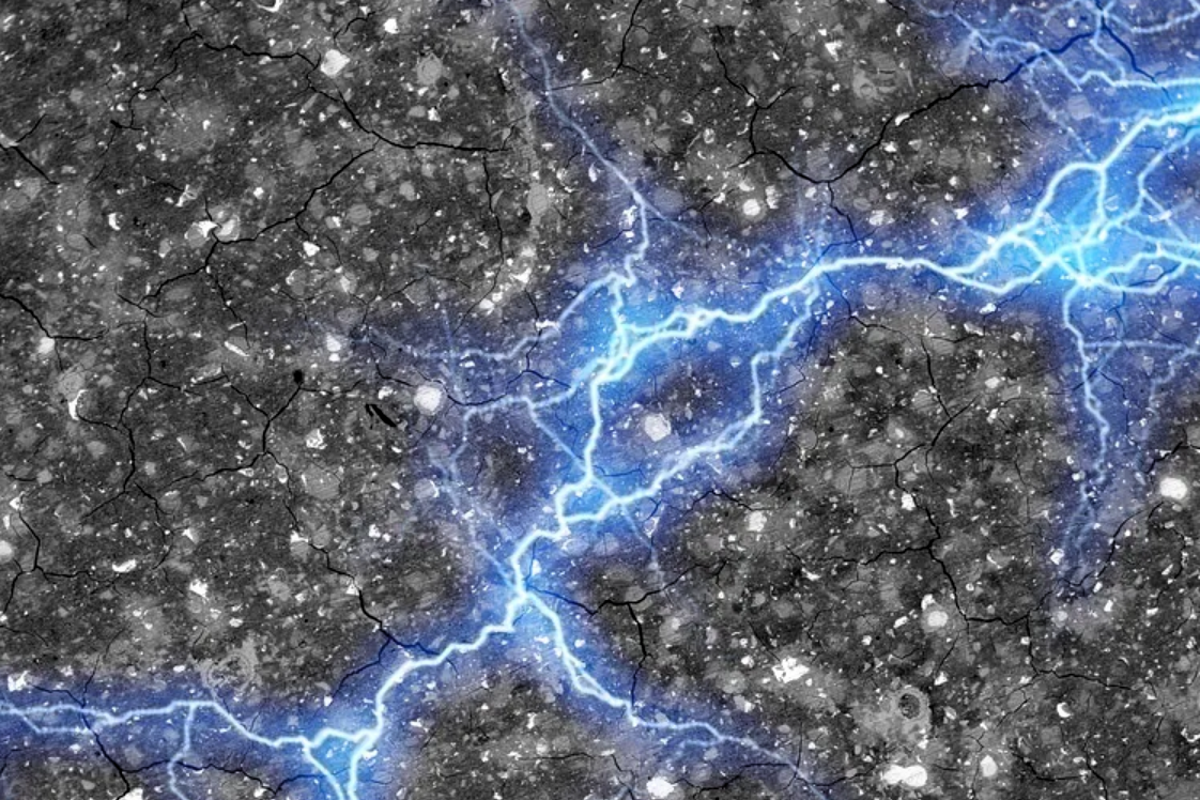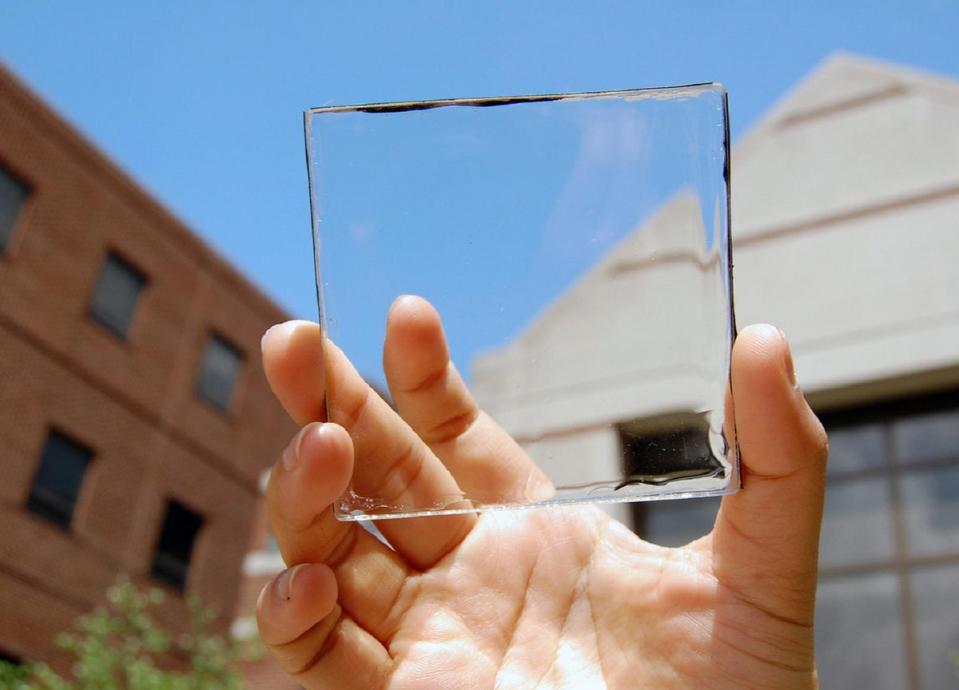New concrete can turn homes into giant batteries

A new type of energy-storing concrete holds the potential to transform entire homes into giant batteries and supercharge the transition towards renewables, according to its creators.
Researchers at Massachusetts Institute of Technology (MIT) discovered that adding a highly conductive substance called carbon black to a water and cement mixture created a construction material that could also serve as a supercapacitor.
Supercapacitors can charge and discharge extremely efficiently but are typically not capable of storing energy for long amounts of time. So while they lack the functionality of traditional lithium-ion batteries – which are found in everything from smartphones to electric cars – they are a useful method of storing excess electricity generated from renewable energy sources like solar and wind.
Since first unveiling the technology last year, the team has now built a working proof-of-concept concrete battery, the BBC reported. The MIT researchers are now hoping to build a 45-cubic-metre (1,590-cubic-feet) version capable of meeting the energy needs of a residential home.
The material could ultimately be built into the concrete foundations of a house without adding any additional construction costs, according to the researchers, while also serving as concrete roadways capable of wirelessly recharging electric cars as they travel.
The new material is one of a number of recent breakthroughs in the renewable energy space that have the potential to transform the way we generate and store electricity in our homes.
Photovoltaic windows, solar trees and even solar-powered paint all offer ways to maximise the potential of the Sun’s energy beyond traditional roof-top solar panels, with some within the industry hopeful that they can transform residential and commercial buildings into renewable energy power stations.

A new type of flexible solar panel capable of generating electricity from ambient and artificial light is also finding its way into consumer devices, offering the promise of everlasting electronics that require no disposable batteries or charging cables.
Swedish startup Exeger is already manufacturing the innovative solar cells for use in headphones, remote controls and wireless speakers.

 Yahoo News
Yahoo News 
